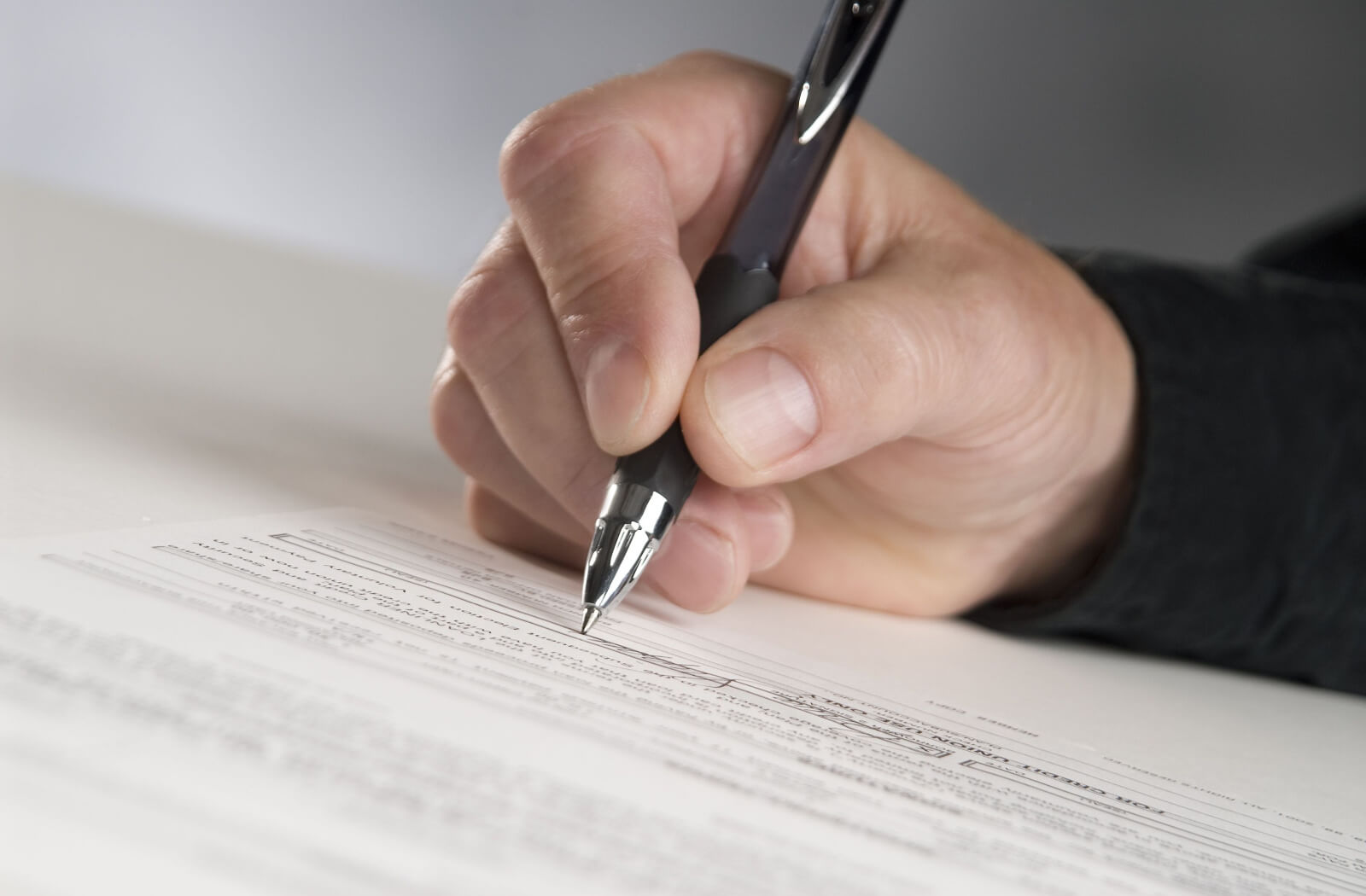

Navigating Commercial Leases
Alert: Upcoming Increases to Land Titles Office Registration Fees
Property Rights Statutes Amendment Act, 2022 – an Update to Adverse Possession Law in Alberta

When Does the Dower Act Apply in Real Estate Transaction?
New Residential Anti-Flipping Rules Implemented By Federal Government
The Prohibition on the Purchase of Residential Property by Non-Canadians Act

Estate Planning: What Is a Personal Directive?

What Is Title Insurance in Alberta?














